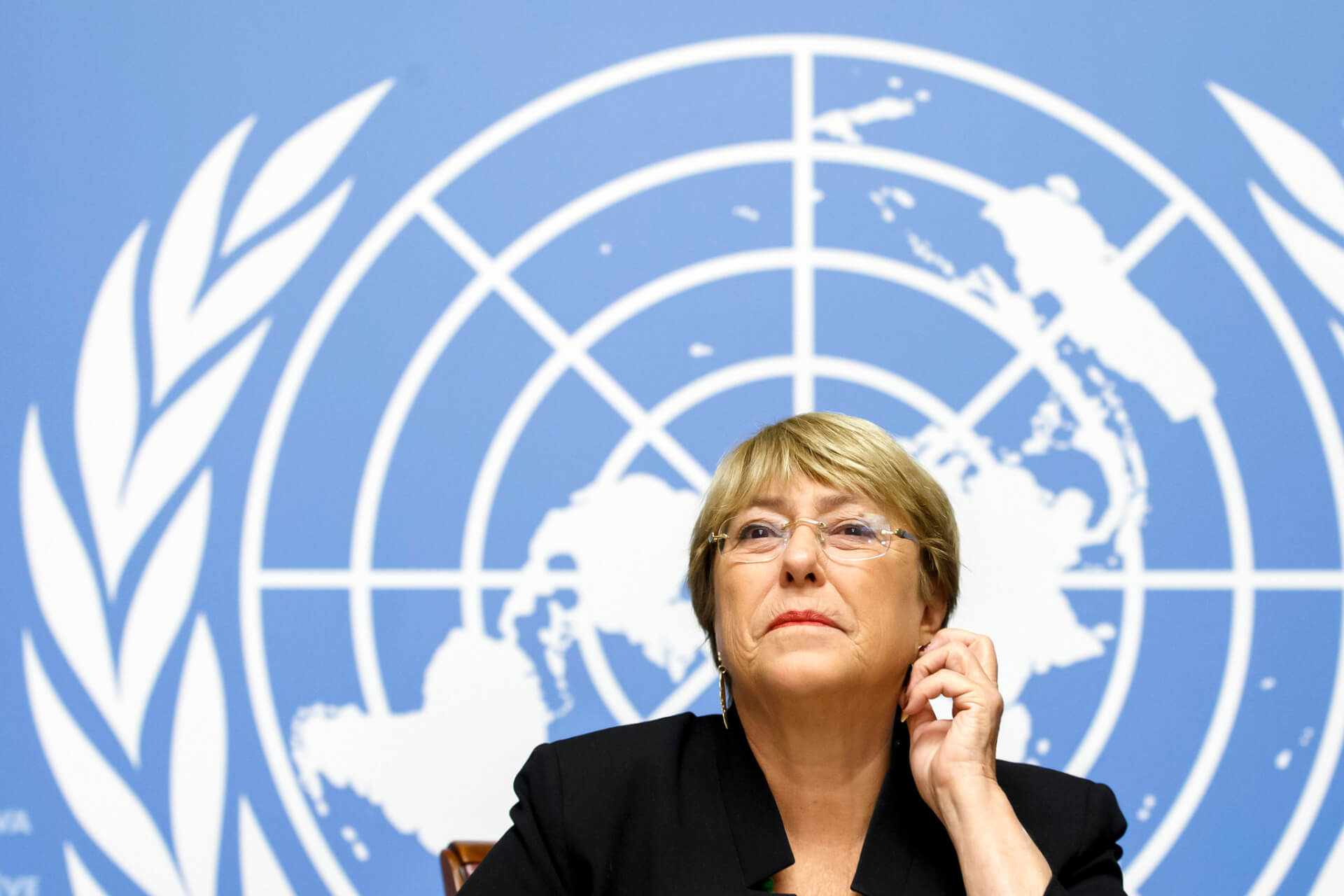Ethiopia has reportedly agreed to the involvement of the United Nations (UN) as well as the African Union (AU) in its investigations of allegations of human rights abuses in Tigray.
Since November, violent clashes between government forces and the region’s former ruling party, the Tigray People’s Liberation Front (TPLF), have killed thousands, and displaced even more, resulting in the turmoil spilling over Ethiopia’s borders into Eritrea and Sudan. Simultaneously, there have been horrifying reports of Ethiopian and allied Eritrean troops and militia fighters engaging in a systematic campaign of ethnic cleansing and crimes against humanity in Tigray, which have raised international concerns about the detrimental effects of prolonged tensions and fighting. The UN, the United States (US) as well as the European Union (EU) have demanded a cessation of hostilities, the withdrawal of Eritrean soldiers from the region, as well as unfettered access to the region, to deliver aid to those in need.
Also read: Abiy Ahmed’s Approach to Tigray Could Lead to his Downfall. Here’s Why.
However, both, Addis Ababa and Asmara have repeatedly denied the presence of Eritrean forces in Tigray, as well as accusations of atrocities against civilians. The Ethiopian government has also criticised the Western actors’ statements of concern as interference in the country’s internal affairs and said, “It should be clear that such matters are the sole responsibility of the Ethiopian government, which as a sovereign nation, is responsible to deploy the necessary security structures and means available in ensuring the rule of law within all corners of its borders.”
Nonetheless, earlier this month, Prime Minister Abiy Ahmed’s office said that it would investigate credible allegations of abuses—including the massacre in the city of Axum—and bring the offenders to account. The statement further noted that the state-appointed Ethiopian Human Rights Commission (EHRC) would also look into the matter and cooperate with relevant UN agencies and experts.
According to the UN Human Rights office, chief Michelle Bachelet has “responded positively” to the EHRC’s proposal for a joint investigation, and the two bodies are now reportedly developing a plan regarding the “resources needed and practical modalities, in order to launch the missions as soon as possible.” The AU’s African Commission on Human and People’s Rights is also expected to be involved in the probe, which was agreed to last week in a meeting between African Union Commission Chairperson Moussa Faki Mahamat and Ethiopian Foreign Minister Demeke Mekonnen.
Even so, whether these inquiries amount to anything remains to be seen. Both the African Commission on Human and People’s Rights and the UN High Commissioner for Human Rights can issue warnings and recommendations but unfortunately lack real enforcement power. This means they rely on member states to act, which can make bringing perpetrators to justice in an independent and impartial manner very difficult.

